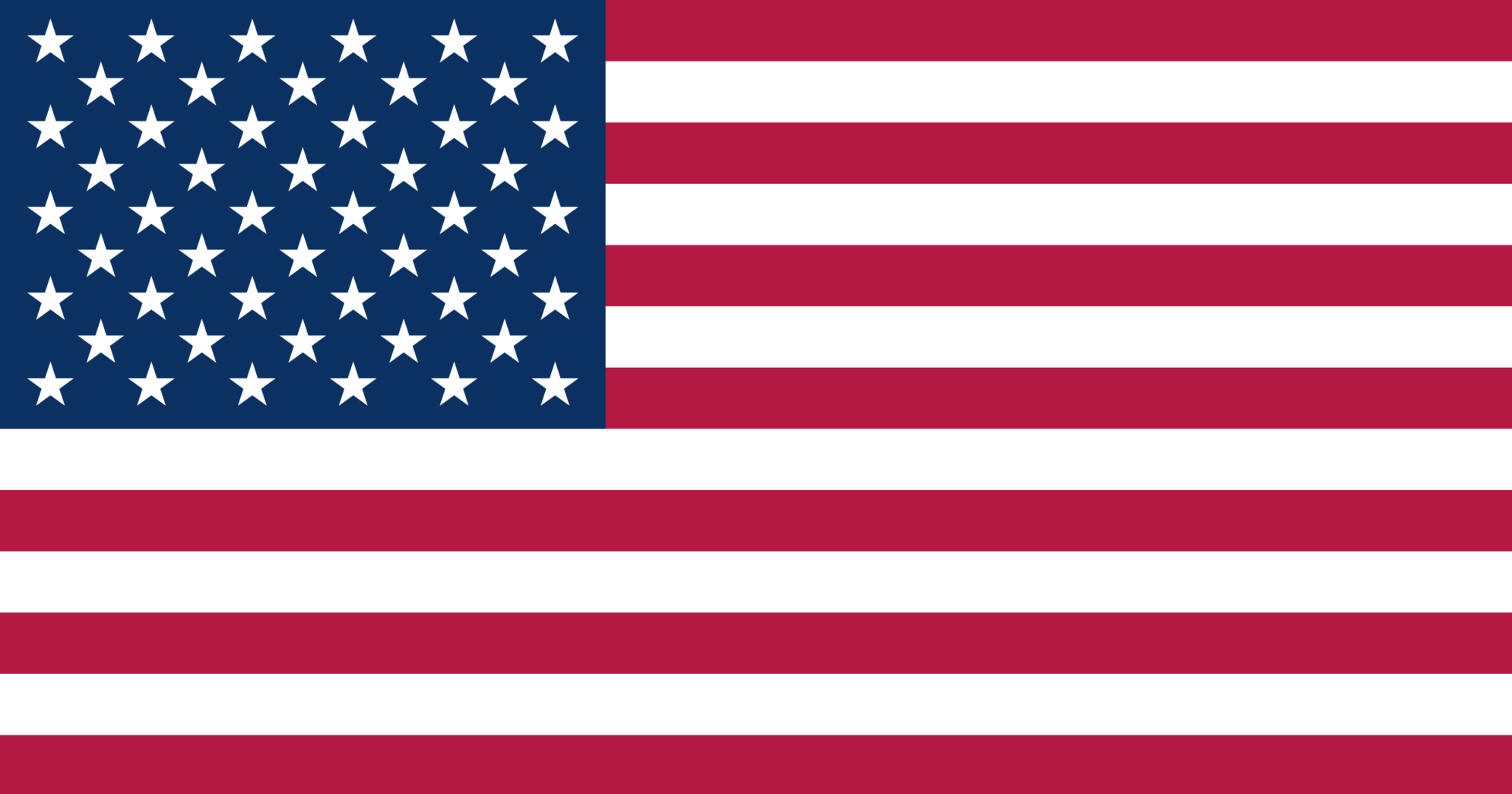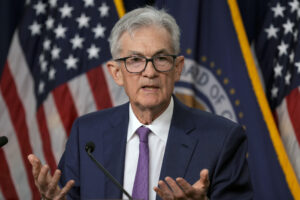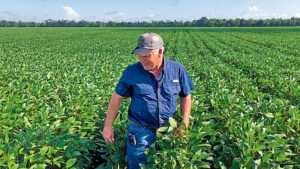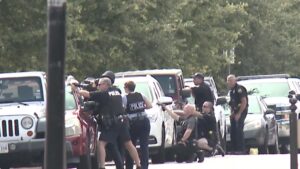Trump defends himself as US stocks plunge

The U.S. stock market continued to plummet, and investors were panicking. However, Trump went to Florida over the weekend, played a round of golf, and continued to defend his tariff policy, saying that the “medicine” he prescribed was working. On the evening of the 6th, the Dow Jones Industrial Average futures fell 2.1%, the S&P 500 futures fell 2.5%, and the Nasdaq futures fell 3.1%. Even the price of Bitcoin, which was relatively stable last week, fell nearly 6%. Trump announced the imposition of “reciprocal tariffs” on the 2nd, and the U.S. stock market plummeted for two consecutive days on the 3rd and 4th, with the market value evaporating nearly 6 trillion U.S. dollars. On the way back to Washington on a special plane on the 6th, Trump still downplayed it, saying that he did not want the stock market to fall, but he was not worried about a large-scale sell-off. A reporter asked Trump if there was a critical point in the stock market that he could not bear. Trump replied that the question was “very stupid.” “I don’t want to see any declines, but sometimes, in order to solve some problems, you have to take medicine.” In response to the stock market crash, Trump compared the United States to a “patient” and said that “reciprocal tariffs” were surgical operations, “The operation is over! The patient survived and is recovering.” Over the past weekend, senior officials from the U.S. Cabinet and the White House came out to defend Trump’s tariff policy and tried to downplay the impact of the tariff policy on the avalanche of the U.S. stock market. Trump and his senior officials’ remarks were criticized by many people. Lawrence Summers, professor of economics at Harvard University and former U.S. Treasury Secretary, said that Trump’s tariff policy is the “biggest economic self-destruction” in U.S. history and will cost U.S. consumers $30 trillion, equivalent to doubling the price of gasoline in the United States. Bill Ackman, a billionaire who supports Trump’s presidential campaign, warned that Trump’s tariff policy will trigger an “economic nuclear winter” and that the business community is losing confidence in him. “If we go into a recession, it will be a ‘Trump recession,'” Democratic Senator Adam Schiff said in an interview with the media. “He is destroying our economy.” Some Republicans have also publicly criticized Trump. Mike Pence, who served as vice president during Trump’s first term, said that the current tariff policy is “the largest tax increase in peacetime in U.S. history.” “Anyone who says there might be a little pain before we get it done should talk to the farmers who are one crop away from bankruptcy,” said Thom Tillis, a U.S. senator from North Carolina. Texas Senator Ted Cruz warned that if tariffs lead to a recession in the United States, the Republican Party will suffer a “tragedy” in next year’s midterm elections. More than a thousand protests were held across the United States on the 5th to oppose the policies of the Trump administration and the Government Efficiency Department led by Elon Musk. The organizers of the event said that on that day, about 1,300 marches and demonstrations were held in the capital Washington and 50 states across the United States, with hundreds of social groups participating. The protest locations covered New York, Chicago, Boston, Seattle, Los Angeles, etc. Nearly 10,000 protesters held a protest in Los Angeles, and the protest crowd stretched for several blocks. Emily Williams, an organizer of the protest in Southern California, said in an interview that “Trump’s chaos” had just begun for two months, and the country was in trouble because of his reckless plan. California Senator Scott Wiener said at a protest rally in San Francisco that mobilization against the Trump administration was in full swing. He called on all sectors of society to unite and not succumb to the Trump administration.





